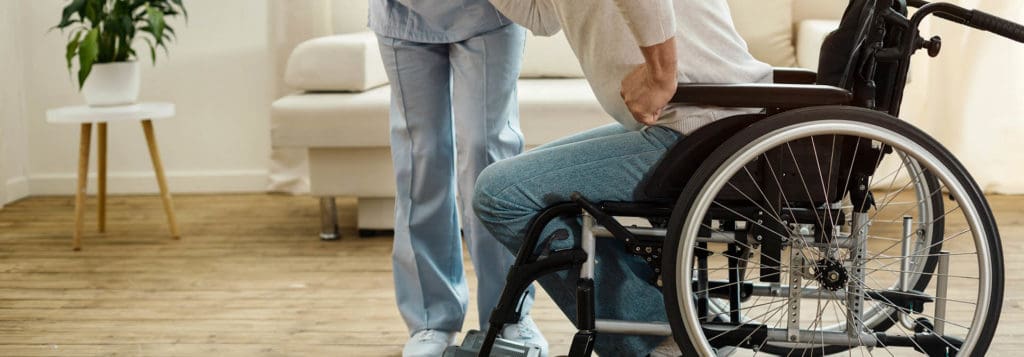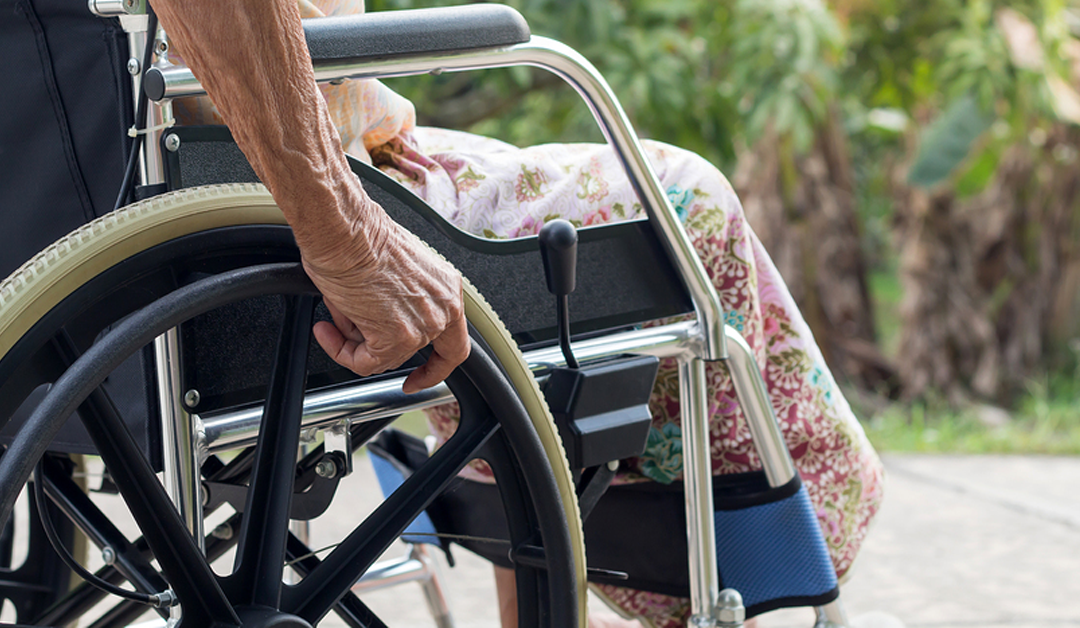Nursing homes play a crucial role in providing care for our elderly loved ones, offering a supportive environment for those who may require assistance with daily activities. While many nursing homes uphold high standards of care, there is an alarming and often silent epidemic that has been affecting vulnerable residents – nursing home injuries. This blog aims to shed light on the prevalence, causes, and consequences of injuries within nursing homes.
The Scope of the Problem:
Nursing home injuries can range from minor bruises and cuts to severe fractures and life-threatening conditions. According to various studies, a significant number of nursing home residents experience injuries, often due to a combination of factors, including inadequate staffing, lack of supervision, and even neglect or abuse.
Common Types of Nursing Home Injuries:
- Falls: Falls are one of the most prevalent causes of injuries among nursing home residents. Elderly individuals may have mobility issues, and the lack of proper assistance or environmental hazards can contribute to accidents.
- Pressure Sores (Bedsores): Prolonged immobility and inadequate repositioning can lead to the development of pressure sores, painful wounds that can result in serious infections if not addressed promptly.
- Medication Errors: Mismanagement of medications, including dosage errors or administering the wrong medication, can have severe consequences for elderly residents who often rely on a complex regimen of drugs.
- Malnutrition and Dehydration: Inadequate nutrition and hydration can lead to weakened immune systems, increased susceptibility to infections, and a decline in overall health.
- Physical and Emotional Abuse: Sadly, some nursing home residents may experience physical or emotional abuse at the hands of caregivers or fellow residents, resulting in injuries and psychological trauma.
Causes of Nursing Home Injuries:
- Staffing Shortages: Understaffing is a common issue in nursing homes, leading to overworked caregivers who may struggle to provide adequate attention to each resident.
- Lack of Training: Inadequate training of staff members can contribute to errors in medication administration, improper handling of residents, and other preventable accidents.
- Poor Facility Maintenance: Nursing homes must maintain a safe environment for residents. Neglecting necessary repairs and failing to address potential hazards can contribute to injuries.
- Inadequate Supervision: Lack of proper supervision, especially for residents with mobility issues, increases the risk of falls and accidents.
Consequences and Solutions:
Nursing home injuries not only impact the physical well-being of residents but also contribute to emotional distress and a decline in overall quality of life. To address this issue, it is crucial for nursing homes to:
- Prioritize Staffing Levels: Adequate staffing ensures that residents receive the attention and care they need, reducing the likelihood of accidents.
- Invest in Training Programs: Ongoing training for caregivers can enhance their skills and awareness, minimizing the risk of medication errors, abuse, and other preventable incidents.
- Regular Facility Inspections: Regular inspections and maintenance are essential to identify and rectify potential hazards within the nursing home environment.
- Implement Robust Reporting and Investigation Protocols: Establishing clear protocols for reporting and investigating incidents ensures that any signs of neglect or abuse are addressed promptly.
Noticing nursing home injuries is critically important because it can be a key indicator of neglect, abuse, or inadequate care. Many residents are physically or cognitively vulnerable and may not be able to communicate when something is wrong, making it essential for family members and caregivers to be alert to signs like bruises, bedsores, sudden changes in behavior, or unexplained weight loss. Early detection of injuries not only helps prevent further harm but also allows for timely medical treatment and intervention. Recognizing and addressing these issues can protect the resident’s health, dignity, and quality of life, and may also prompt necessary legal or regulatory action to hold facilities accountable.
Nursing home injuries represent a significant and often overlooked problem that requires attention from caregivers, facility administrators, and policymakers. By understanding the causes and consequences of these injuries, we can work towards creating a safer and more compassionate environment for our elderly loved ones in nursing homes. It is our collective responsibility to advocate for the well-being of vulnerable residents and to ensure that nursing homes prioritize the safety and dignity of those under their care. Contact the Rosenberg Law team today to see how we can help.


Recent Comments